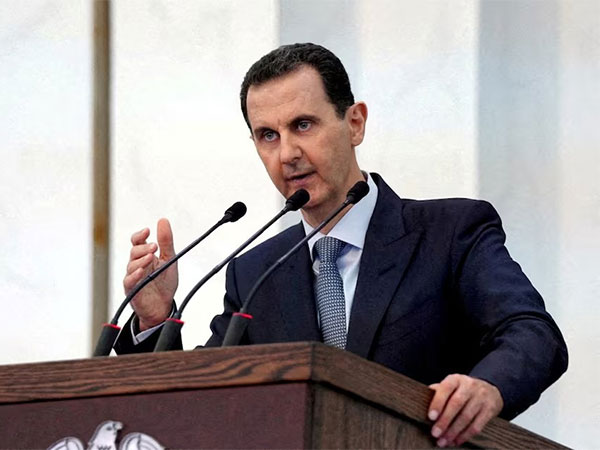Syrian Rebels Topple Assad in Generational Shift
President Bashar al-Assad's rapid overthrow by Syrian rebels has left global powers and regional countries on edge. The transition to a rebel-led government initiated discussions as the world watches Syria's uncertain future unfold after a prolonged civil war. Challenges persist amidst hopes for a democratic future.

The lightning-fast downfall of President Bashar al-Assad sent shockwaves through Syria and beyond, leaving world powers and regional neighbors on tenterhooks on Tuesday. As a rebel alliance takes initial steps towards a transitional government, questions arise about Syria's future following a 13-year conflict mired in stalemate.
The United Nations Security Council convened behind closed doors, grappling with the unexpected pace of Assad's overthrow. Russian U.N. Ambassador Vassily Nebenzia expressed surprise at the swift developments. Assad's escape to Moscow marked the end to his family's 50-year rule, as the government now shifts to a rebel-led authority.
Discussions between Prime Minister Mohammed Jalali and rebel commander Ahmed al-Sharaa, alias Abu Mohammed al-Golani, outlined plans for the transition. With celebrations in Damascus, the world awaits clarity on Syria's new trajectory amidst concerns about regional stability and oil price fluctuations.
(With inputs from agencies.)
ALSO READ
Earthquake Devastation in Myanmar: Urgent Need for Aid and Relief Efforts Amidst Civil War
Myanmar's Earthquake Devastation: Temporary Ceasefire Eases Relief Efforts Amidst Civil War
Myanmar's ruling military declares a ceasefire in country's civil war until April 22 to facilitate quake relief efforts, reports AP.
The Impact of Sudan's Civil War on Women and Girls: A Deepening Crisis
Darfur Tragedy: A New Chapter in Sudan's Civil War










